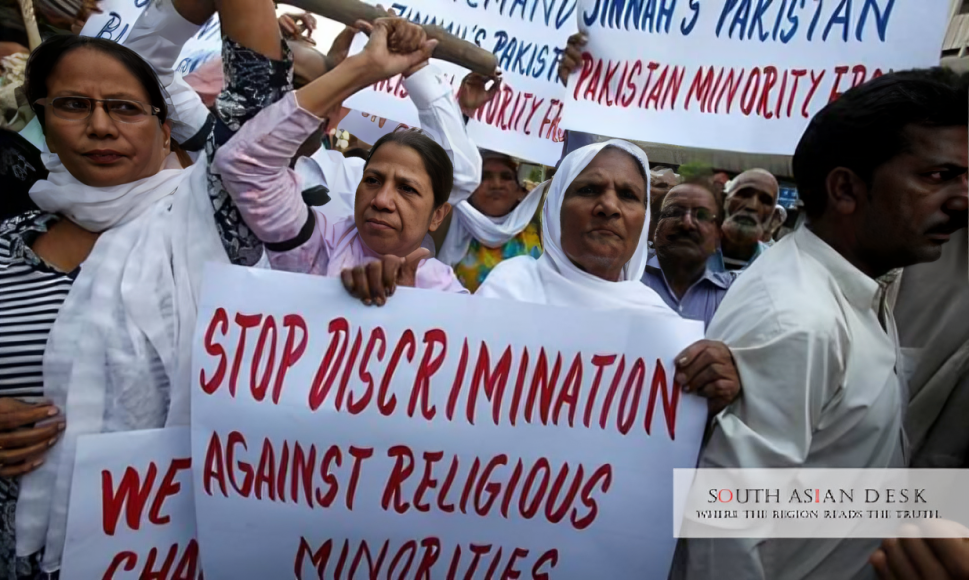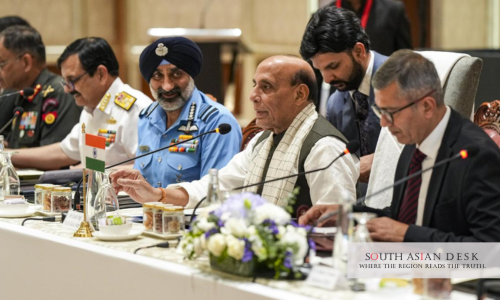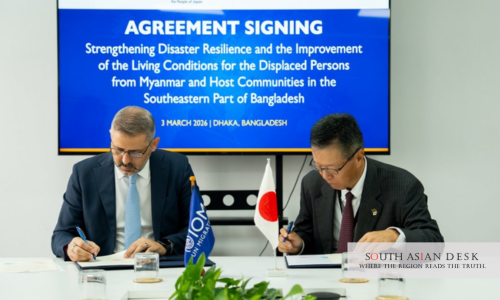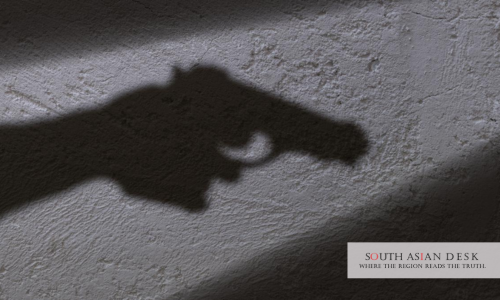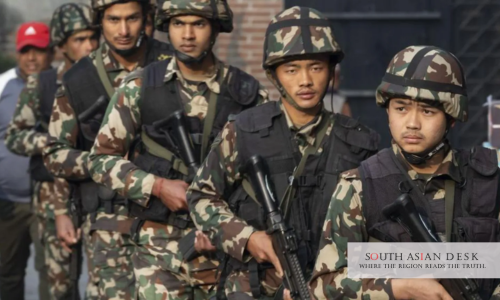Islamabad: Prime Minister Shehbaz Sharif announced on Monday that Pakistan forms minority rights commission to safeguard vulnerable groups. The move follows parliamentary approval earlier this year. It aims to address rights issues through targeted programmes. The commission will oversee scholarships and assembly representation for minorities. The establishment of the National Commission for Minorities Pakistan holds significance in South Asia where religious tensions persist. It signals Pakistan’s intent to foster interfaith harmony in a region marked by diverse faiths and histories of conflict.
Details of the Announcement
Prime Minister Shehbaz Sharif revealed the development during a Diwali ceremony at the Prime Minister House in Islamabad on Monday. He stated that parliament approved the proposal. Work progresses on the National Commission for Minorities Pakistan. The government rolled out support programmes including scholarships for minority students from primary to tertiary levels. It also ensures representation in federal and provincial assemblies.
The event drew religious leaders diplomatic figures and parliamentary representatives. Sharif extended Diwali greetings to the Hindu community. He described the festival as a message of joy peace and tolerance. He reaffirmed commitment to protecting minority rights. Sharif noted that every citizen has the constitutional right to practise rituals without fear. He urged unity against hatred intolerance and extremism. The presence of Hindu Christian and other leaders reflected Pakistan’s pluralism he added.
Minister of State for Religious Affairs and Interfaith Harmony Kheal Das Kohistani praised the prime minister. He called the official Diwali celebration at the Prime Minister House a historic moment.
Background on Pakistan Minority Protection Bill 2025
The foundation for this step lies in the Pakistan minority protection bill 2025. Introduced in the National Assembly on 12 May 2025 the bill received approval. It establishes the National Commission for Minorities Pakistan as a statutory body. The bill extends to all of Pakistan. It comes into force immediately upon enactment. It defines the commission’s structure and powers. The body consists of 6 official members and 12 non-official members. Of these 10 belong to minority communities. Chela Ram Kewlani from the Hindu community serves as chairman.
The commission monitors minority rights. It investigates complaints. It recommends policies to the government. This aligns with broader reforms including the Interfaith Harmony Policy released in February 2025 by the Ministry of Religious Affairs.
That policy promotes tolerance and safeguards freedoms. It upholds constitutional guarantees for all citizens regardless of religion. The Pakistan minority protection bill 2025 builds on these efforts. It addresses issues like discrimination and forced conversions. Official data shows minorities make up about 3.7 percent of Pakistan’s population. Hindus Christians Sikhs and others face challenges in education employment and security. The commission aims to tackle these through data-driven interventions.
Implementation and Scope
The National Commission for Minorities Pakistan will operate under the Ministry of Religious Affairs. It holds powers to summon witnesses and access records. Annual reports will detail progress on minority protections. Scholarships under the new programmes target 5000 students annually. Funds come from federal budgets. Representation quotas ensure minorities hold seats in assemblies.
The commission coordinates with provincial bodies. It promotes awareness campaigns on rights. In cases of violations it can advise legal action. This initiative follows global standards. Pakistan’s election to the UN Human Rights Council for 2026-2028 underscores its focus on rights. The body will collaborate with international partners.
Challenges Ahead
Despite progress hurdles remain. Reports highlight incidents of blasphemy accusations against minorities. Forced conversions in rural areas persist. The commission must address these effectively. Stakeholders call for adequate funding. The 2025 budget allocates PKR 200 million for minority affairs. Staffing requires experts from diverse backgrounds.
Provincial implementation varies. Punjab and Sindh have active minority wings. Balochistan and Khyber Pakhtunkhwa need strengthening.
What’s Next
The government plans to appoint remaining members by December 2025. Initial meetings will set priorities. Public consultations may follow. Monitoring mechanisms will track impact. Annual audits ensure transparency. The National Commission for Minorities Pakistan represents a step forward. Yet sustained efforts are needed for lasting change.
Broader Reforms in Context
Pakistan forms minority rights commission alongside economic measures. During the same event Sharif discussed industrial boosts. He directed policies for power use in production. Separate meetings focused on small enterprises. He urged registration of cottage SMEs for loans. This links minority protections to inclusive growth.
Women from minorities benefit from new platforms. An AI-powered entrepreneurship tool aids registrations and skills. These tie into national goals. Pakistan aims for tolerance and development. The commission supports this vision.
The Pakistan minority protection bill 2025 mandates interfaith dialogues. Schools will include harmony modules. Media campaigns promote unity. Data from the commission will inform policies. It tracks employment rates among minorities. Current figures show underrepresentation in public sector jobs. International observers welcome the move. It aligns with UN conventions Pakistan ratified.
Conclusion
As Pakistan forms minority rights commission it reaffirms pluralism. This body through the National Commission for Minorities Pakistan and the Pakistan minority protection bill 2025 offers hope for better protections.
Published in SouthAsianDesk, October 21st, 2025
Follow SouthAsianDesk on X, Instagram, and Facebook for insights on business and current affairs from across South Asia.


